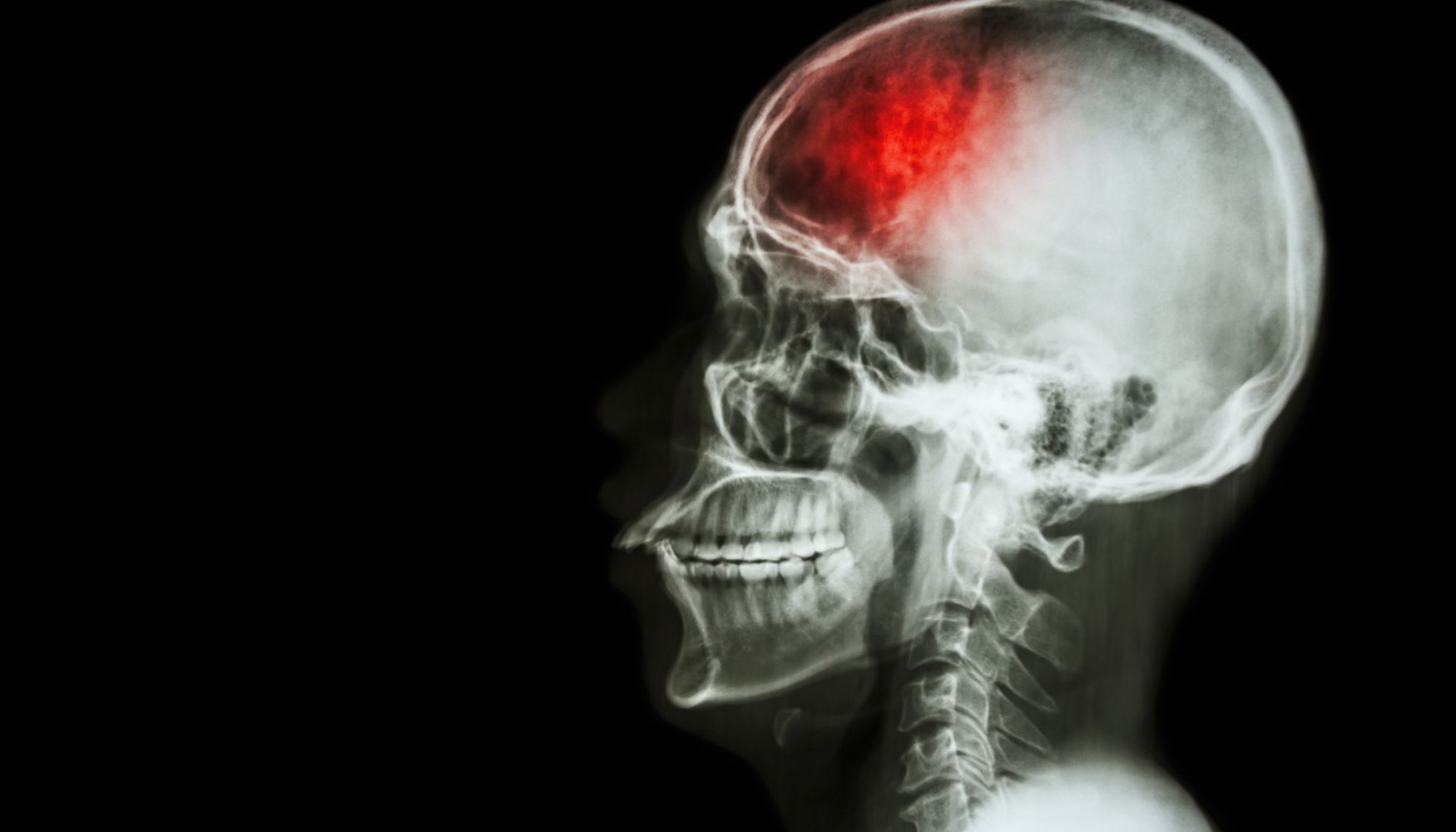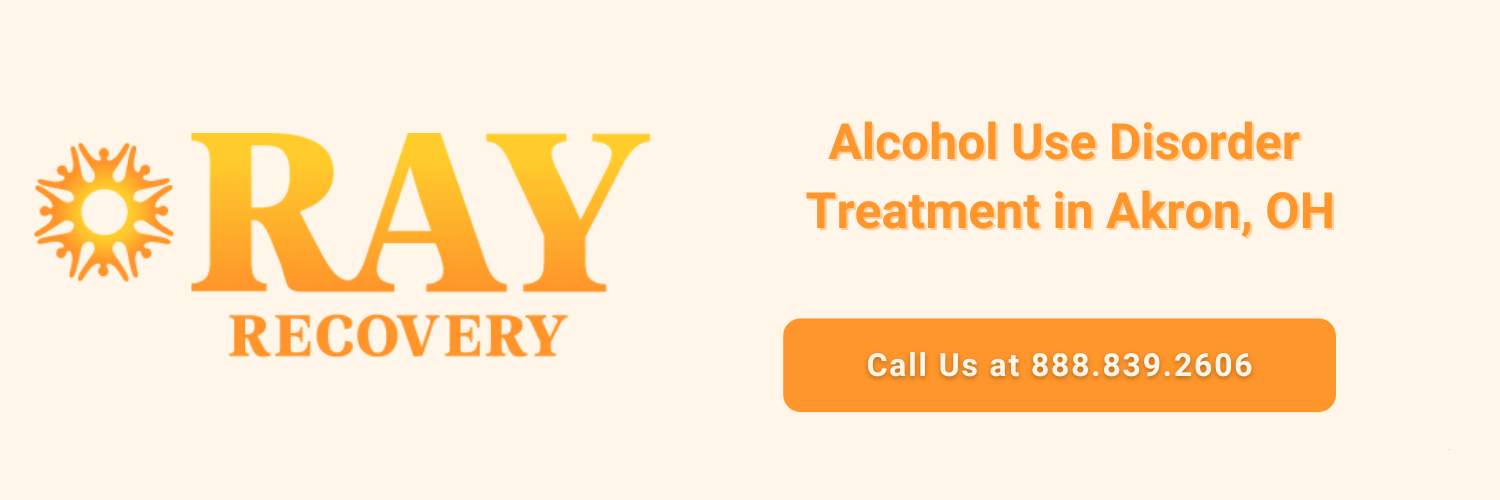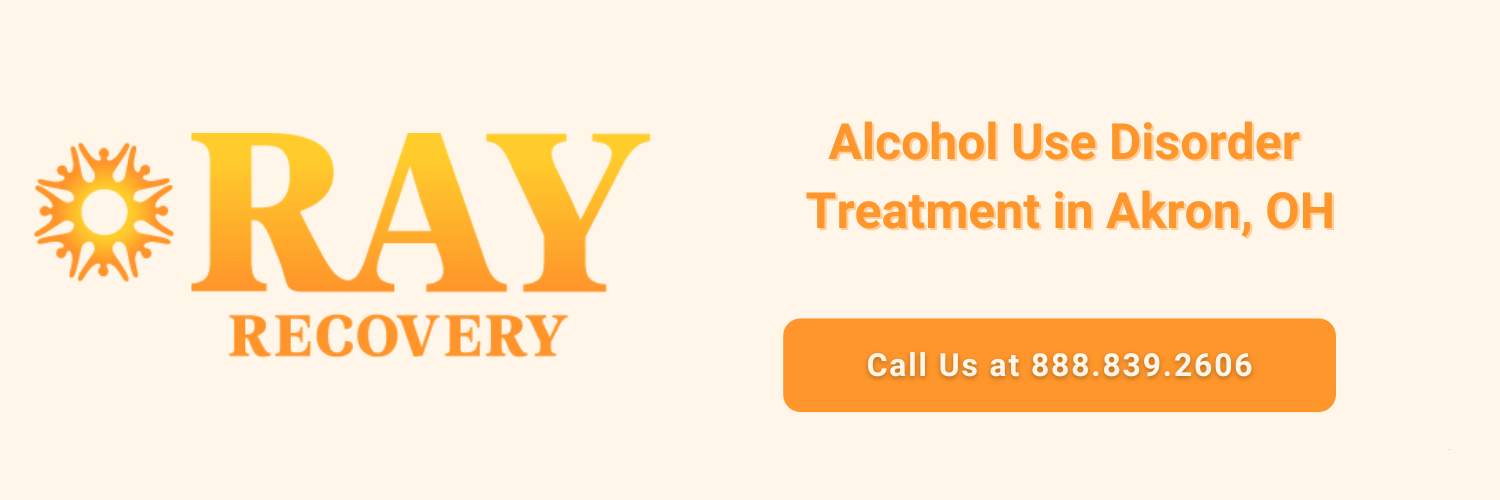You may have heard that excessive alcohol consumption can cause health problems, including strokes. But what is the science behind alcohol and strokes, and who is at risk?
Does alcohol consumption really increase your risk of stroke? The answer is complex and may come as a surprise.
Read on to learn more about the relationship between alcohol consumption or withdrawal and the potential for strokes.
Can Alcohol Cause a Stroke?
Does alcohol consumption increase your risk of stroke? The answer is complicated and related to how much alcohol is consumed.
Alcohol, even a small amount, can have a strong impact on the cardiovascular system. Alcohol is not only a nervous system depressant, but it also causes:
- Dilation of the blood vessels, which leads to poor circulation and lightheadedness
- Heart palpitations, aka atrial fibrillations
- Thinned blood and reduced blood platelet count
These effects on the cardiovascular system become more problematic with heavy drinking in the long or short term. Recent and current binge drinkers or those who suffer from alcohol use disorder increase the risk of hemorrhagic stroke.
Hemorrhagic stroke is when a blood vessel ruptures in the brain and floods the surrounding tissues, causing massive damage to brain functions. Half of all hemorrhagic stroke sufferers die within a few weeks of their stroke event, as opposed to ischemic strokes, which usually have a better prognosis.
Studies also show that moderate drinking (which is considered one or two 8-oz servings of beer or wine a day) may lower the risk of ischemic stroke, especially in women.
A blood clot blockage in the brain causes ischemic strokes. No one knows why mild to moderate alcohol use may reduce ischemic stroke risk. Some experts believe it is due to the vasodilation and blood thinning caused by alcohol. However, this benefit is up for debate, and may have more to do with other factors such as genetic risk, overall health, and smoking.
It should also be noted that similar ischemic stroke-reduction benefits can be gained from doctor-prescribed medications. For people who suffer from AUD, the downsides of alcohol use greatly outweigh the potential health benefits.

What Percentage of Strokes Are Caused By Alcohol?
Strokes can be caused by a variety of factors such as genetics, smoking, drinking, and stress. It is hard to identify the exact percentage of strokes caused by alcohol worldwide. However, a recent study performed on Chinese men found that drinking contributed to 8% of overall strokes, and 16% of bleeding or hemorrhagic strokes.
6 Ways Alcohol May Lead to a Stroke

#1: Contributes to Hypertension
Hypertension is high blood pressure. It can be caused by obesity, plaque buildup in the heart valves, high stress, and drug use. Hypertension increases stroke risk by:
- Weakening the blood vessel walls
- Lacunar Disease, which causes blood vessel walls to thicken and become brittle. They can then break off, raising the risk for hemorrhagic or ischemic stroke.
Alcohol is known to increase blood pressure and hypertension, especially in binge drinkers and those who suffer from alcohol use disorder. If you want to reduce your risk of stroke but find you cannot stop drinking, consider enrolling in an AUD treatment plan.
#2: Increases Risk of Heart Problems
Excessive drinking puts a lot of strain on the heart, increasing the risk of almost all heart problems, including stroke. AUD also increases the risk of heart attack, cardiomyopathy, and heart failure. Those who have a genetic predisposition to heart problems should avoid excessive alcohol intake.
#3: Inhibits Coagulation
Alcohol lowers the platelet count in blood, impairing its ability to coagulate and form clots. This may be helpful for people who are at high risk of blood clots, but more likely, this weakened coagulation makes all bleeding worse. This uncontrolled bleeding can contribute to catastrophic hemorrhagic strokes. It can also contribute to internal bleeding from ulcers and other common alcohol-related ailments.
#4: Changes Body’s Response to Insulin
One of the hallmarks of alcohol use disorder is damage to the liver. The liver is the body’s primary poison filtering mechanism, and since alcohol is technically a toxin, processing large amounts of alcohol over time damages the liver.
This causes many health problems, including difficulty processing insulin and glucose management. AUD can also contribute to insulin resistance and increase the risk of developing type 2 diabetes.
#5: Contributes to Weight Gain
There are a lot of empty calories in alcohol. A single 12-oz serving of beer can have as many as 300 calories. Even “lighter” options tend to have a lot of calories, so excessive drinking is often associated with weight gain and obesity. Obesity puts further strain on the heart and arterial walls, increasing the risk for both hemorrhagic and ischemic stroke.
#6: Increases Risk of Liver Damage
The liver functions as the body’s filter, removing impurities and toxins from the blood. Alcohol use, especially long-term, causes serious damage to the liver and can cause alcohol-associated liver disease. This serious ailment can lead to many comorbid disorders, including an increased risk of stroke.
How To Decrease Your Risk of Stroke From Alcohol
The best way to decrease your risk of stroke from alcohol is to lower your alcohol intake. Try some experiments to make this easier for you, such as:
- Setting a 2-drink limit per occasion
- Try to slow your drinking by setting timers per drink
- Alternate each alcoholic drink with a glass of water
- Try to go 2-3 consecutive days without drinking
If you find that you cannot do any of the above, even if you want to, you may have alcohol use disorder. There is no shame in this – according to the National Institute on Alcohol Abuse and Alcoholism, almost 30 million Americans had AUD in 2023.
AUD is a common problem, but most people need help beating AUD and staying sober in recovery. That is why it is so important to get help from a qualified treatment center like Ray Recovery in Akron, OH.

Seek Help To Minimize Your Chance of an Alcohol-Induced Stroke With Ray Recovery
If you are ready to improve your health with sobriety, Ray Recovery can help. Our cutting-edge program is designed to meet patients where they are and get them on track to recovery and health. We offer men’s and women’s programs, as well as partial hospitalization programs (PHPs), intensive outpatient programs (IOPs), and virtual programs to fit every schedule and need.
By combining health care services with therapy, Ray Recovery can help you not only reduce your risk of alcohol-related stroke but also improve overall health and enjoy a new alcohol-free lifestyle. Check out our website and begin your journey to better health and a sober, happier you.
The content in this blog is not intended to be a substitute for professional medical advice, diagnosis, or treatment. Always seek the advice of your physician or other qualified health provider with any questions you may have regarding a medical condition.




